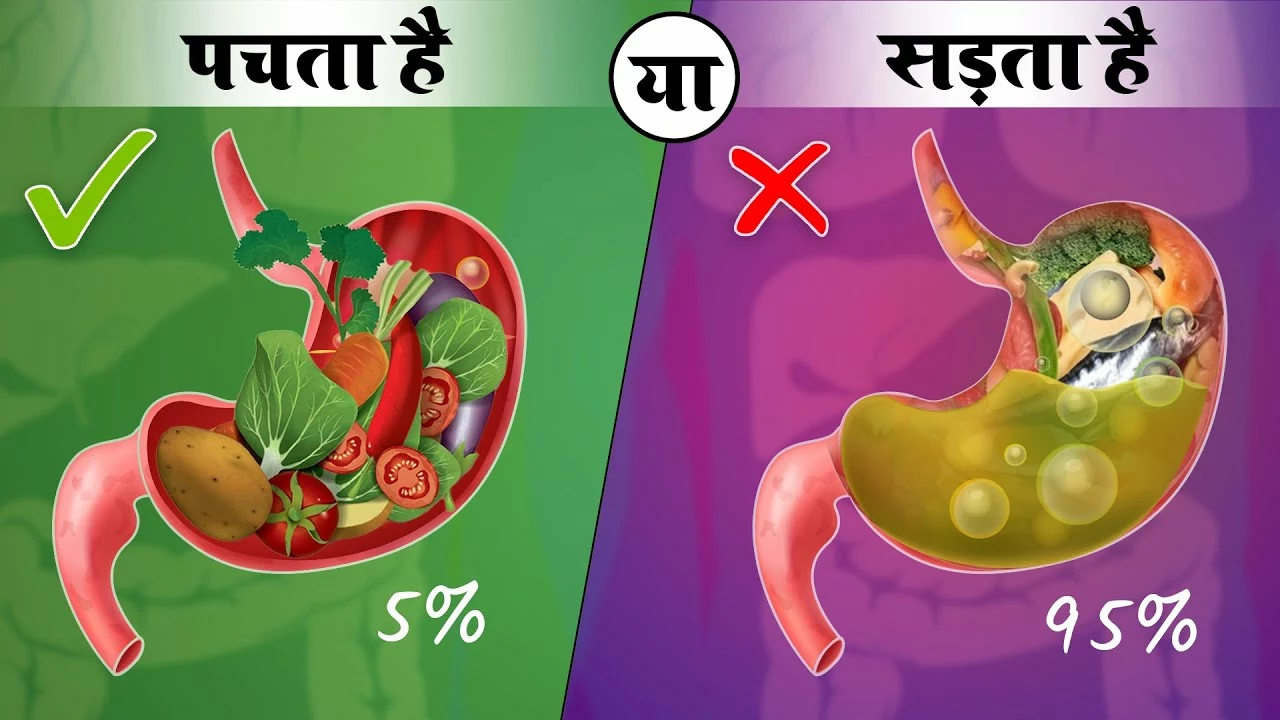Better digestion: practical tips to feel lighter and more comfortable
If your stomach feels slow, bloated, or unpredictable, small changes usually help more than dramatic diets. This page gives clear, practical steps you can use today — no fads, just habits and things to watch for. I’ll also point out meds and situations that can make digestion worse, and when to ask a clinician for help.
Quick daily habits that actually work
Eat slower and stop when you’re satisfied, not stuffed. Chewing well lowers bloating and helps food move through your system. Add fiber gradually — think beans, oats, apples, and leafy greens — to avoid sudden gas. Drink water through the day; aim for steady sips instead of big amounts with every meal. Move more: a 20–30 minute walk after meals speeds digestion and steadies blood sugar.
Cut back on common triggers: fried foods, heavy cream sauces, spicy meals, and sugar alcohols (check labels for sorbitol, xylitol). If coffee or alcohol spikes your symptoms, try reducing them for a week to see the difference. For many people, splitting meals into smaller portions helps when the stomach feels slow or heavy.
Try simple supplements if you need extra help: a probiotic with Lactobacillus or Bifidobacterium strains, a digestive enzyme for high-fat meals, or peppermint oil for occasional cramping. Start one product at a time so you can see if it helps, and stop if you notice worse symptoms.
Medications, tests, and when to talk to a pro
Some medicines change digestion. For example, metoclopramide is used for slow stomach emptying but can affect mood and movement — read our article on metoclopramide’s mental health effects before deciding it’s right for you. Antibiotics like amoxicillin can cause loose stools; if that happens, check our guide on antibiotic alternatives and talk to a clinician about probiotics while on antibiotics.
Keep a short food-and-symptom diary for two weeks. Note meals, times, meds, and how you feel. That record makes clinic visits faster and more useful. Ask your clinician about basic tests if symptoms are persistent: stool check, H. pylori test, or a breath test for SIBO. For people with diabetes, slow digestion (gastroparesis) is common — controlling blood sugar helps and specialist input is often needed.
If you have severe pain, unexplained weight loss, persistent vomiting, blood in stool, or difficulty swallowing, seek care right away. For milder but ongoing problems, start with a primary care provider or a pharmacist — we have practical guides on choosing safe pharmacies and buying meds online if you need prescriptions or supplements.
Want deeper reading? Check our posts on metoclopramide and its side effects, tips on preventing UTIs, and safe antibiotic choices. Small steps build steady improvements — try one change this week and see how your digestion responds.

How to Improve Your Digestive System for Better Absorption of Nutrients
Haig Sandavol May 19 10In my latest blog post, I discuss the importance of maintaining a healthy digestive system for better absorption of nutrients. I share some valuable tips, such as incorporating fiber-rich foods, staying hydrated, and practicing mindful eating. Additionally, I emphasize the benefits of regular exercise and stress management in maintaining optimal digestion. Give it a read to learn more about enhancing your overall health by improving your digestive system. Don't miss out on these essential tips to maximize nutrient absorption and feel your best!
More Detail